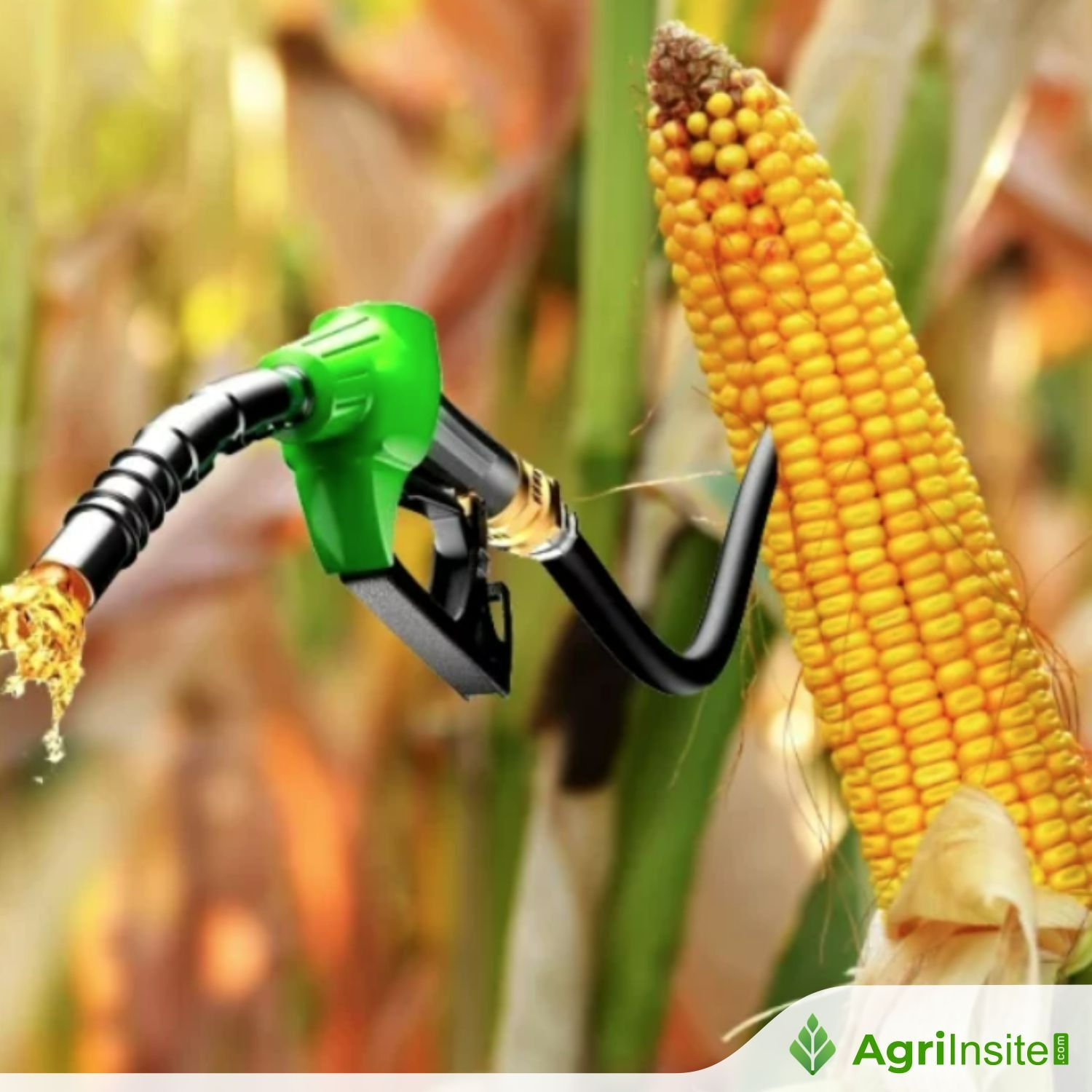Grain-based ethanol has potential to boost farmers income by ₹35,000 cr, says report

Grain-based ethanol—especially from maize and surplus grains like broken rice—can generate ₹35,000 crore in direct payments to farmers annually, says a new report by the Grain Ethanol Manufacturers Association and Primus Partners. It highlights ethanol’s role in energy security, rural prosperity, and climate action, while calling for policy support, dynamic pricing, and expanded maize cultivation.
The grain-based ethanol industry has the potential to boost farmers income by ₹35,000 crore, a report said. The Thought Leadership Report, brought out by the Grain Ethanol Manufacturers Association and Primus Partners, identifies grain-based ethanol particularly from maize and surplus grain like broken rice as a key lever for sustainable expansion.
It projects that 165 lakh tonnes of surplus grains could be utilised annually to generate over ₹35,000 crores in direct payment to farmers, reinforcing rural prosperity and urban mitigation.
The report, a strategic roadmap released at a round table event in Delhi this week, highlights the critical role of ethanol in advancing India’s triple mandate of energy security, rural development and climate action, a release said.
Unlocking next level of growth
The report emphasises the environmental and economic advantages of maize—India’s least water-intensive feedstock with strong ethanol conversion efficiency. It reinforces the need for targeted policy support, stakeholder collaboration and investment in technology to unlock the next level of growth in ethanol blending, especially from grain-based sources such as maize and surplus rice.
The report addressed myths around India’s food security, showing it is a grain surplus country which can cater to the needs of food and ethanol production without causing scarcity. From achieving 10 per cent ethanol blending ahead of schedule in 2022 to reaching a remarkable 19.6 per cent blending in January 2025, India has demonstrated its capability to scale clean energy solutions rapidly. The ethanol blending initiative has already saved over ₹1.08 lakh crore in foreign exchange and substituted nearly 185 lakh tonnes of crude oil and reduced 557 lakh tonnes of CO2 emissions, the release said.
However, to maintain this momentum, the grain-based ethanol sector faces critical challenges such as feedstock availability and price pressures, especially with rising maize costs and inter-state competition; ethanol procurement pricing, which has not kept pace with feedstock cost increases and falling by-product margins, such as Distiller’s Dried Grains with Solubles (DDGS), impacting distillery viability, it said.
The roundtable and report call for urgent, actionable reforms such as scaling up maize cultivation across the country, introducing dynamic pricing for grain ethanol to address feedstock cost increase and ensuring uninterrupted supply of damaged, broken and surplus FCI rice until maize production ramps up, besides promoting strong domestic market linkages for ethanol by-products like DDGS.
To Read more about Ethanol Industry & Bio Energy News, continue reading Agriinsite.com
Source : The Hindu Businessline















